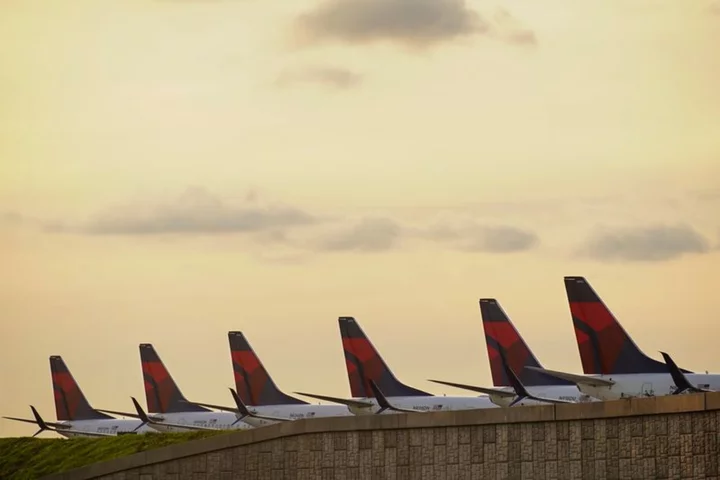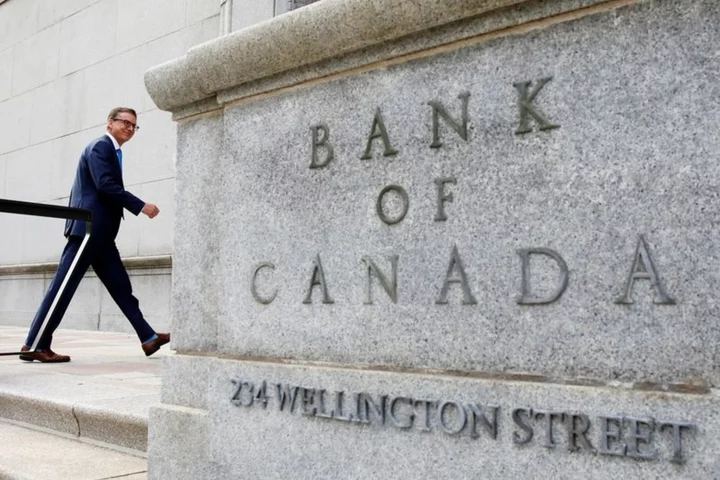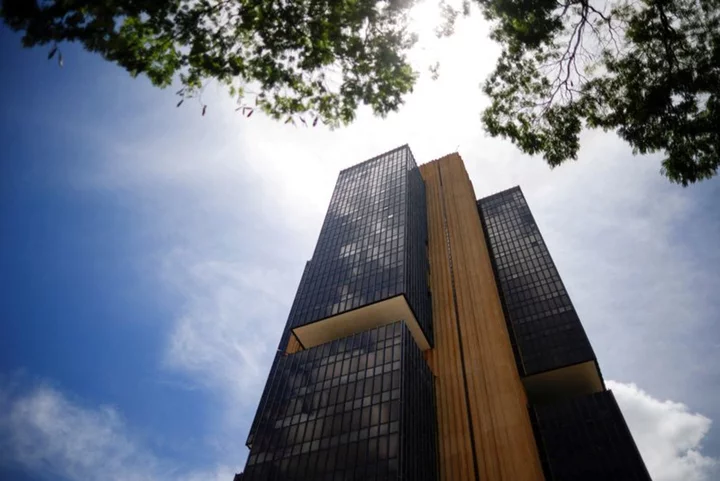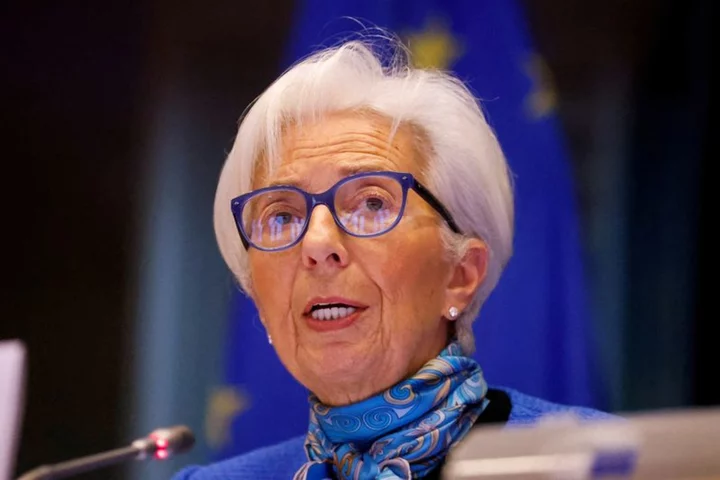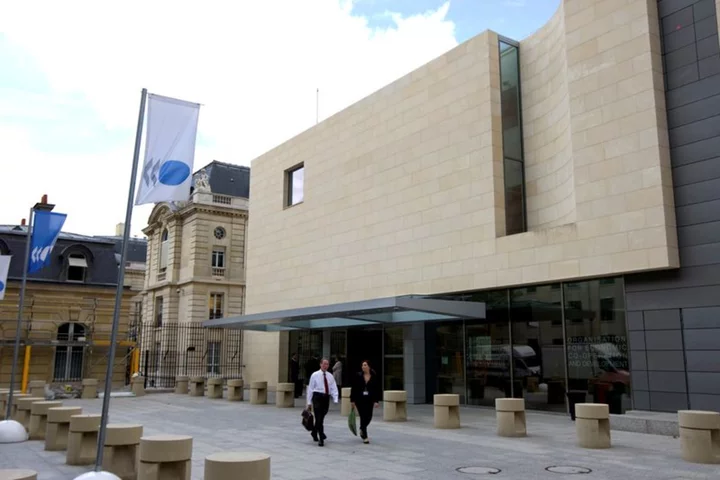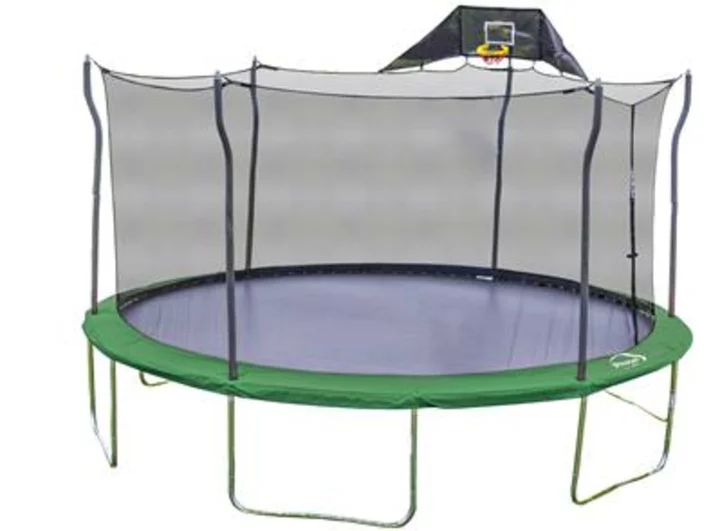By Rajesh Kumar Singh
CHICAGO (Reuters) -Delta Air Lines on Thursday lifted its full-year profit outlook for the second time in less than a month after its second-quarter earnings topped Wall Street estimates on a relentless post-pandemic travel boom.
The carrier's shares rose 4% before the bell as the raised forecast and record earnings fueled optimism about travel demand despite high inflation.
Shares of rivals American Airlines, United Airlines and Southwest Airlines were also up about 2% each.
In an interview, CEO Ed Bastian said that while bookings are expected to follow a seasonal pattern after the Labor Day holiday in September when kids return to school, overall demand remains "quite strong."
"You're going to see continued strong international growth everywhere," Bastian told Reuters. "The domestic environment is going to be quite resilient as well."
Delta said it now expects adjusted earnings of $6-$7 per share this year, compared with its previous forecast of $5-$6 per share.
It reported an adjusted profit of $2.68 per share for the second quarter, above the average analyst estimate of $2.40.
For the quarter through September, the company forecast earnings in the range of $2.20-$2.50 per share, while analysts expect $2.07, according to a Wall Street consensus.
Revenue in the quarter is estimated to be up between 11% and 14% from a year ago.
Delta expects non-fuel costs to decline by 1% to 3% in the third quarter from a year ago.
The urge to travel has sent bookings at U.S. carriers soaring, as consumers cut spending on goods in favor of experiences. But there are signs ticket prices may be falling.
U.S. inflation data on Wednesday showed airline fares posted a third straight monthly decline. Year-over-year, fares dropped at their fastest pace since February 2021.
Bastian suggested not to read too much into the data as it compared to a period of time last year when consumers had just started to travel again after the pandemic and the supply was limited, leading to a surge in ticket prices.
"Crazy" increases in ticket prices at that time were not "sustainable," he said. With increased supply, Bastian said fares now have "normalized."
However, Delta's earnings report shows airlines are still enjoying pricing power. Delta's total revenue per seat mile (TRASM), a proxy for pricing power, was up 1% in the second quarter from a year ago despite a 17% jump in capacity.
Bastian said a high statistical base may impact the company's TRASM in the second half of the year, but it is expected to stay "quite strong."
Delta's air traffic liability, reflecting future bookings, at the end of the April-June quarter was $10.4 billion, up $500 million from a year ago.
Carriers typically rely on big-spending corporate customers to fill high-margin seats after the summer travel season, but recovery in corporate travel remains sluggish.
Bastian said even though people are not traveling a lot for work, hybrid work arrangements have led to a 50% jump in personal trips versus the pre-pandemic period.
"People are traveling for more reasons than just work at an accelerated pace," he said.
(Reporting by Rajesh Kumar Singh; Additional reporting by Shivansh Tiwary in Bengaluru; Editing by Leslie Adler and Maju Samuel)

